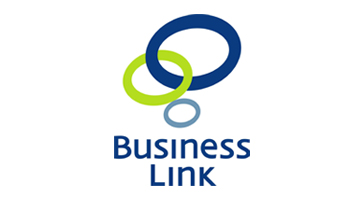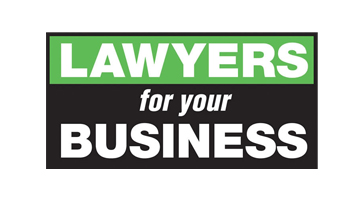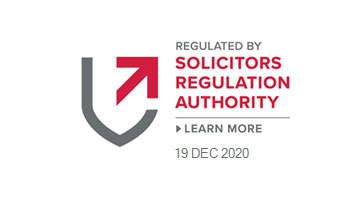- What do you want to buy?
One of the main benefits of an asset purchase is the ability to cherry-pick the assets you need and ensure that certain liabilities are not transferred.
- Price and funding
Consider not only the price you want to pay but how you want to pay it. Are you intending to pay cash in full at completion or will there be deferred elements, that are subject to the performance of the business post-acquisition? You will need to consider issues such as valuing and paying for stock and work-in-progress and how you will deal with debtors and creditors.
- Heads of terms
Sign up to Heads of Terms, recording the basic terms you and the seller have agreed. They set out in black and white the main commercial points of the deal. The process of negotiating the Heads of Terms should highlight deal breakers at an early stage and before you incur significant costs.
- Due diligence
Investigate the target business with the assistance of your advisers. So, you can obtain as much information as possible about the business and the assets you want to buy.
- Negotiate
You will now have a good idea of the nature and condition of the assets and any liabilities attached to them. Use this knowledge to negotiate the price and contractual protections against areas of perceived risk.
- Third-party approvals
Identify early on the contracts what the business will require. Existing contracts such as leases, hire purchase or asset purchase agreements, IP licences and customer and supplier contracts will not transfer to you automatically. Your solicitor will review contracts to check for any restrictions on transfer.
- Employees
In most cases employees transfer along with a business bought as a going concern under their terms of employment. This buyer cannot select who comes and who stays. It is therefore important at the due diligence stage to investigate which employees will transfer and any associated liabilities, such as claims, employee benefits and pension liabilities.
- External licences and consents
Obtain any necessary licences and consents. What is required will depend on the nature of the business. If a bank is funding the acquisition then they will normally require all licences to be in place at completion, so ensure that you apply for them at an early stage.
- Restrictive covenants
Insist on restrictive covenants to protect the business going forward. These prevent the seller from competing with the business for a period after the sale goes through. Without those protections, the seller could undermine the value of the business you have acquired by diverting customers or suppliers away from the business, as well as poaching staff.
- Divisions
If you are buying only part of a business there are additional issues to keep in mind during the negotiation process such as:
- are any transitional arrangements to deal with shared premises needed; and
- ensuring employees who work across all the businesses are clear who they are “wholly or mainly assigned” to.
- Who gets to use the “name” going forward? If the name is common to the whole business, it may have significant goodwill value.
For more information or advice please contact us today on 0121 268 3208 or send us an email at info@onyxsolicitors.com with your query and we will get back to you.





